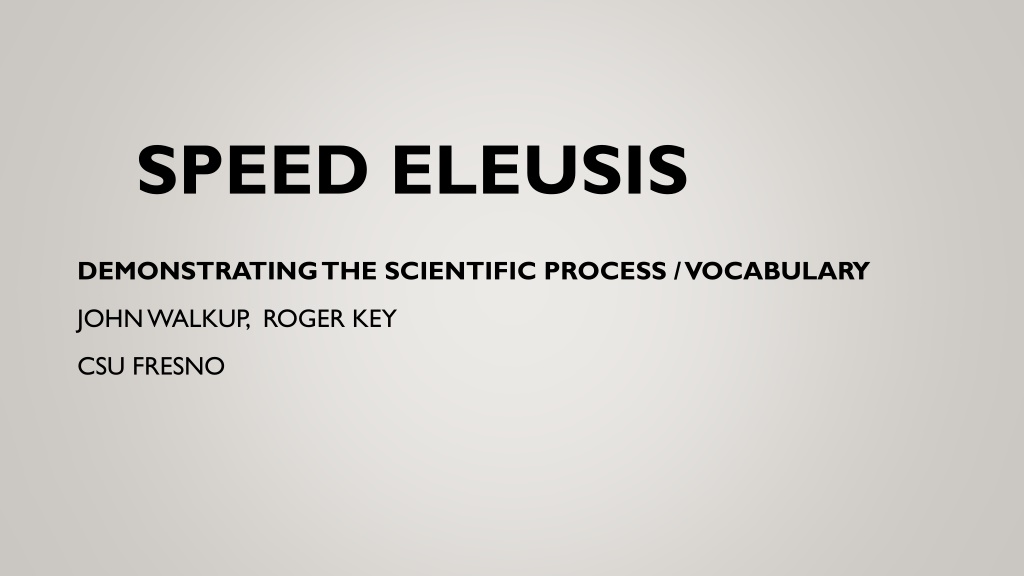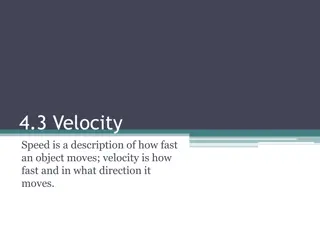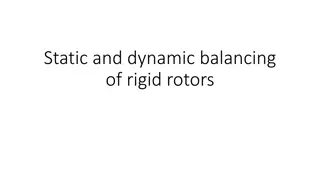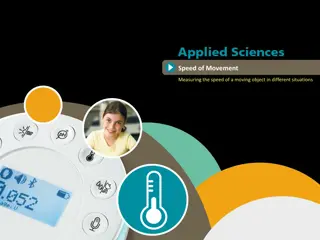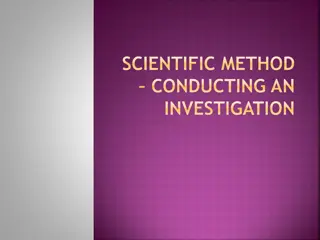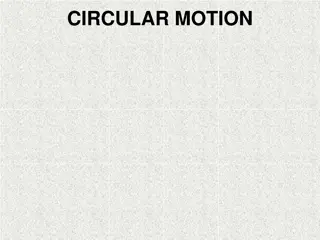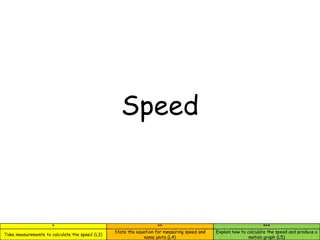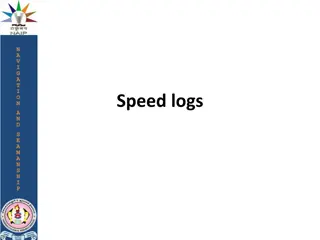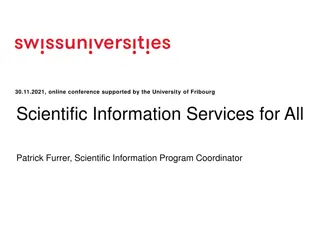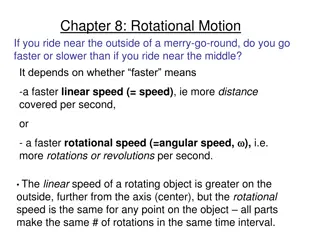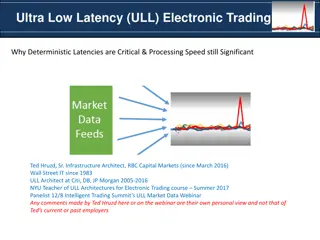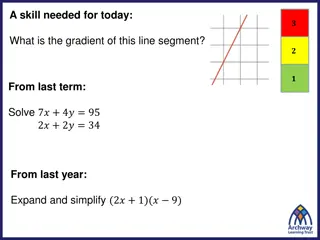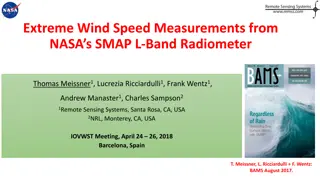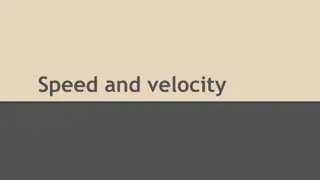Speed Eleusis - The Scientific Process Demonstrated
Speed Eleusis is a game that demonstrates the scientific process through a unique card game involving patterns and replication. Players must follow specific rules to earn points through publishing, replicating, and retracting models. The game enhances vocabulary and critical thinking skills while emphasizing the importance of experimentation and hypothesis formulation. A simplified version known as Traditional Eleusis uses playing cards and was invented in the 1950s. For further inquiries, contact John Walkup at jwalkup@csufresno.edu.
Download Presentation

Please find below an Image/Link to download the presentation.
The content on the website is provided AS IS for your information and personal use only. It may not be sold, licensed, or shared on other websites without obtaining consent from the author.If you encounter any issues during the download, it is possible that the publisher has removed the file from their server.
You are allowed to download the files provided on this website for personal or commercial use, subject to the condition that they are used lawfully. All files are the property of their respective owners.
The content on the website is provided AS IS for your information and personal use only. It may not be sold, licensed, or shared on other websites without obtaining consent from the author.
E N D
Presentation Transcript
SPEED ELEUSIS DEMONSTRATING THE SCIENTIFIC PROCESS / VOCABULARY JOHN WALKUP, ROGER KEY CSU FRESNO
RULES Cards are only defined according to: Suit Number Color First team offer a model (pattern) yells Publish Those teams agreeing with model can yell `Replicate Those teams that have published or replicated can yell `Retract Scores are tallied at end of game. If correct: 10 pts for Publishing + 2 pts for each subsequent round 5 points for Replication + 1 pt for each subsequent round No points lost after retraction. If incorrect: Points are same but negative.
SAMPLE ROUND All black. No other pattern
SAMPLE SCORING Card Team 1 1 Eleusis Scoring Team 4 Team 2 Team 3 Team 6 NOTES Team 5 2 3 Dis! (-5) T2: Diamonds, increasing by 1. 4 (-1) Rep! (-2) T3: Replicates T2 s rule. 5 (-1) (-1) T4: Replicates T2 s rule. Rep! (-2) 6 (-1) (-1) (-1) 7 Ret! (-2) Ret! (-2) T2, T3, T4: Retract rule Ret! (-2) 8 0 0 T2, T3, T4 no longer lose points 0 9 0 0 T5: Red, increasing by 1. 0 Dis! (+5) 10 Rep! (+2) Rep! (+2) Rep! (+2) Rep! (+2) (+1) (+1) (+1) T1, T2, T4, T4: Replicate T5 s rule 11 (+1) (+1) (+1) 12 (+1) (+1) Rep! (+2) T6: Replicate T5 s rule (+1) (+1) (+1) Total 54 44 48 52 49 58
1 red, 2 blacks; blacks even.
TRADITIONAL ELEUSIS* Models experimentation. Demonstrates the scientific process of Accumulating facts and data to form models Formulating hypothesis and conducting experiments Combining successes and failures to revise models Enhances vocabulary (e.g., facts, models, hypotheses, laws, hypothesis, experiment, observation) But Requires playing cards * Invented by Robert Abbott (1956) and first published by Martin Gardner in his Mathematical Games column in Scientific American magazine (1959). A revised version appeared in Gardner's July 1977 column. The rules of Eleusis can be found using a simple Web search or by picking up a copy of the BicycleOfficial Rules of Card Games. Bicycle Cards also hosts a Website that contains the complete rules of Eleusis (http://bit.ly/1lkhBS7). Another card game called Mao is remarkably similar.
SPEED ELEUSIS Models observation. Does not require cards; can be driven by PowerPoint Teaches concepts of replication and retraction Allows instructors to insert Joker to demonstrate spurious experiments Simplifies game management
FURTHER INQUIRIES To email John Walkup: jwalkup@csufresno.edu.
